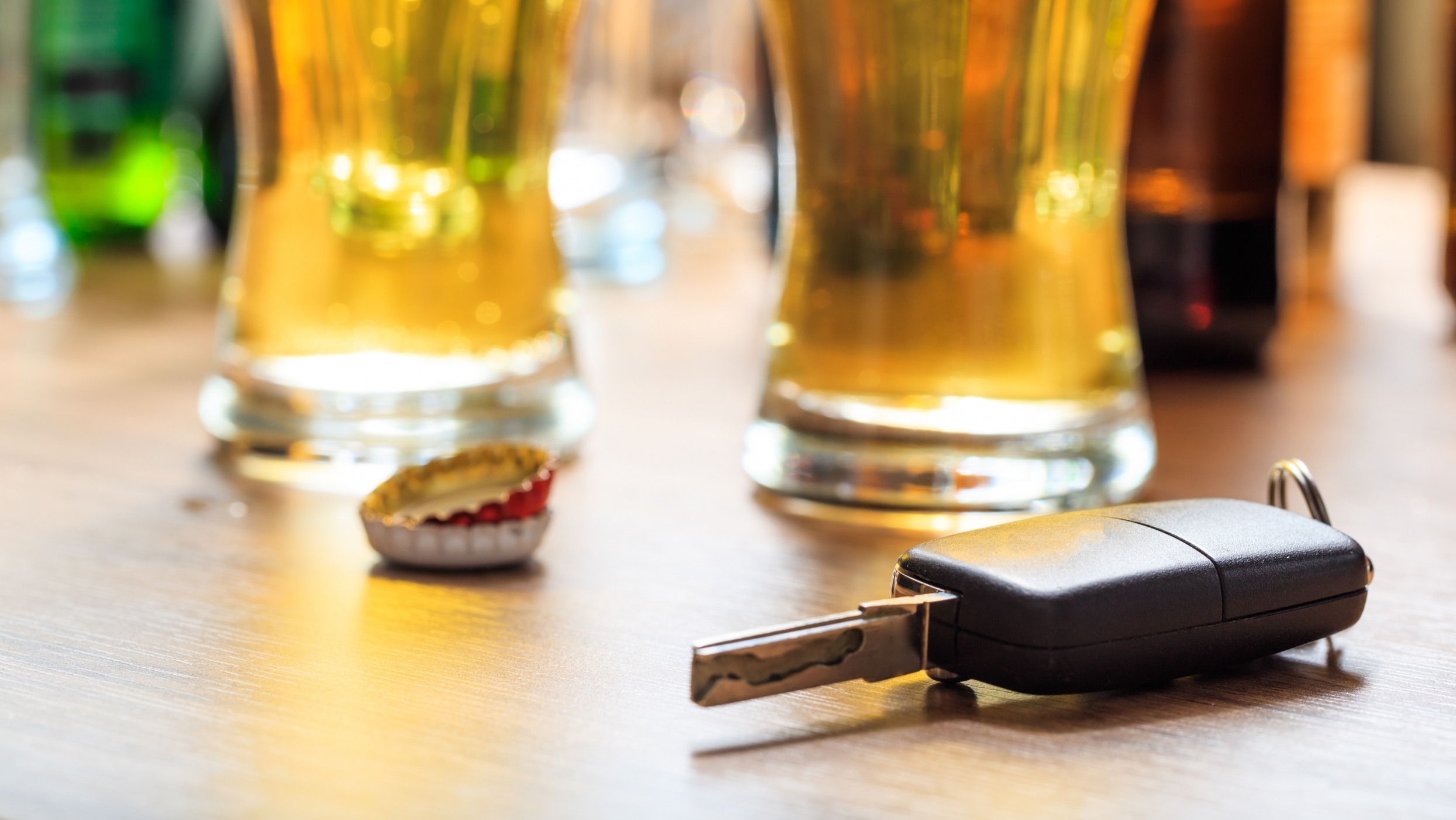Current Alabama law dictates that any individual convicted of a first-time driving under the influence, DUI, offense may have the mandatory 90-day suspension of their driver’s license stayed if they install an approved ignition interlock device on their motor vehicle for 90 days. These devices, also known as “car breathalyzers,” require the driver to pass a Breath Alcohol Concentration test before they can start the car, thereby preventing them from driving if they have been drinking.
However, a new bill prefiled for the 2026 Legislative Session could erase this option, instead making the installation of an ignition interlock device a requirement for first-time DUI offenders in addition to their license suspension.
House Bill 1, prefiled by state Representative Barbara Boyd, D-District 32, would mandate that any first-time DUI offenders be “required to have an approved ignition interlock device installed and operating on the designated motor vehicle driven by the offender for six months” in addition to the 90-day suspension of their license.
Additionally, the legislation would require the offender to “present proof of installation of the approved ignition interlock device to the Alabama State Law Enforcement Agency and obtain an ignition interlock restricted driver license.”
Currently, 32 people in the U.S. are killed every day in crashes involving an alcohol-impaired driver. In 2020, 18.5 million U.S. residents aged 16 and older reported drinking and driving in the past year, while around 1 million Americans are arrested each year for driving under the influence of alcohol and/or drugs. According to the National Highway Traffic Safety Administration, 28 percent of traffic fatalities in Alabama in 2022 involved an alcohol-impaired driver whose blood alcohol concentration was over 0.08 percent.
However, ignition interlock devices have been shown to reduce repeat DUI offenses. According to the U.S. Centers for Disease Control and Prevention, “ignition interlocks reduce driving while impaired repeat offenses by about 70 percent while they are installed.”
The CDC also notes that “laws requiring an ignition interlock for all offenders were associated with 26 percent fewer alcohol-impaired (0.08 g/dL BAC) drivers in fatal crashes compared with no interlock law during 2001–2019.”
For now, HB1 has been referred to the Alabama House Committee on Public Safety and Homeland Security for next year’s legislative session. If enacted into law, the bill’s provisions would take effect on October 1, 2026.















































